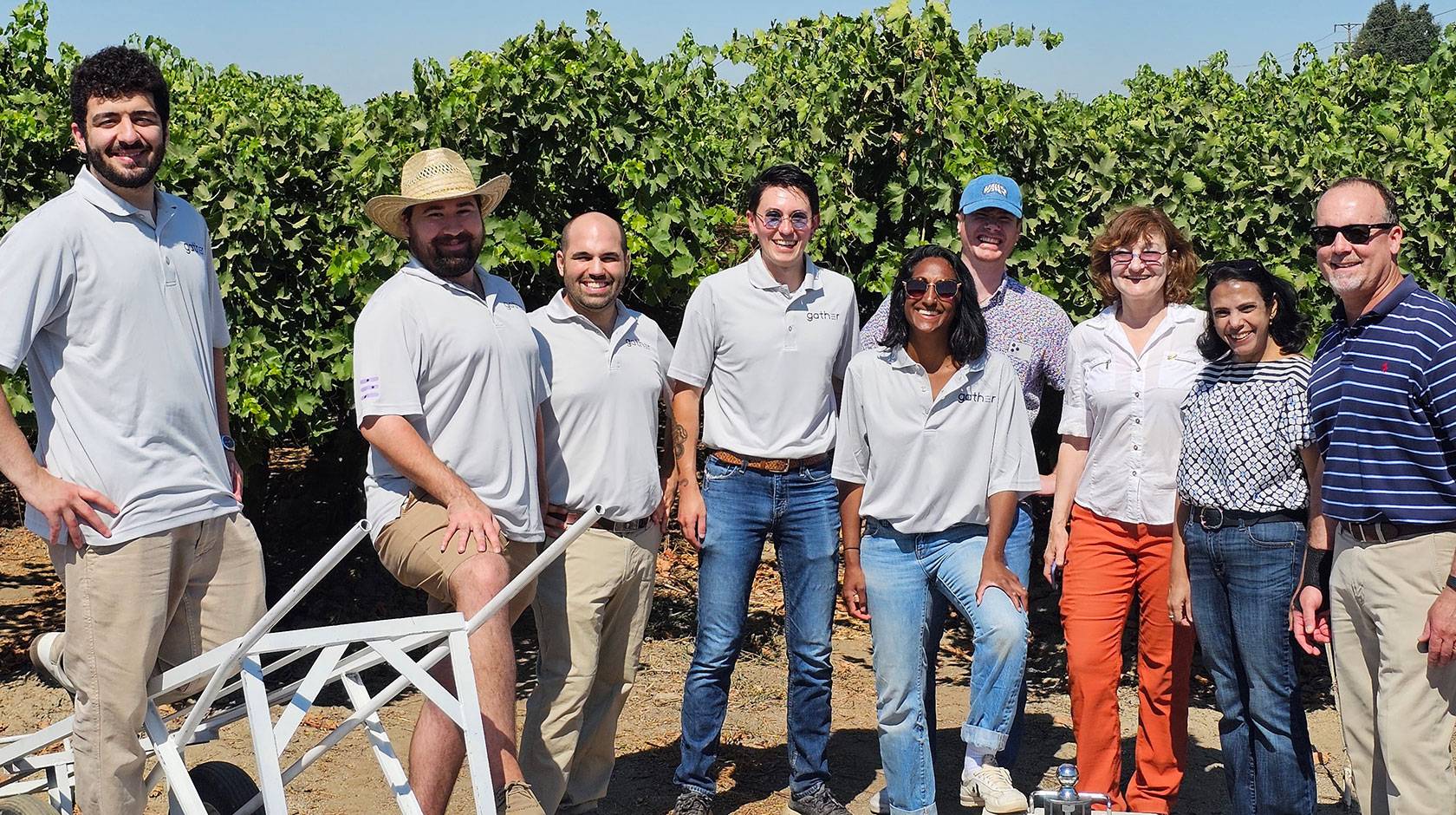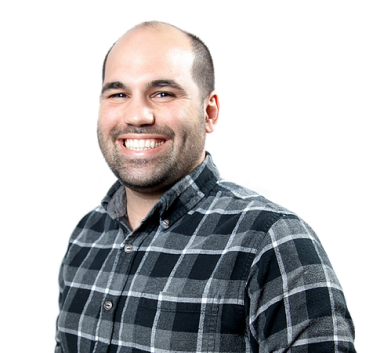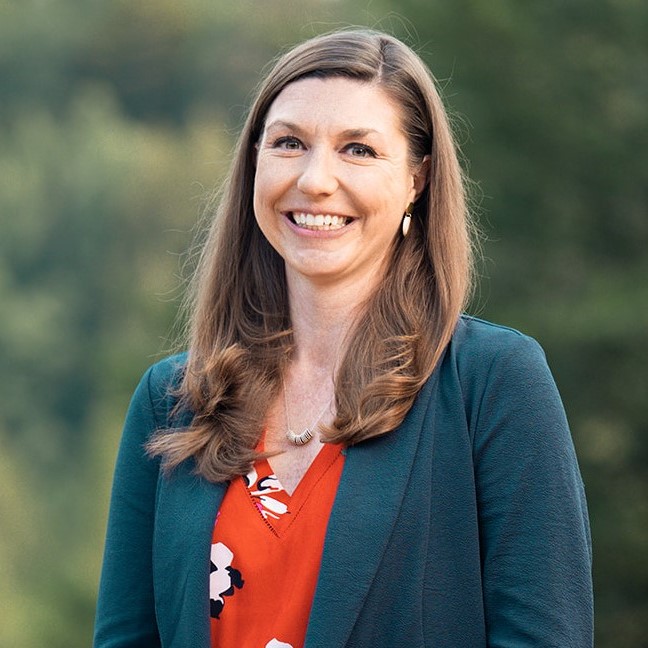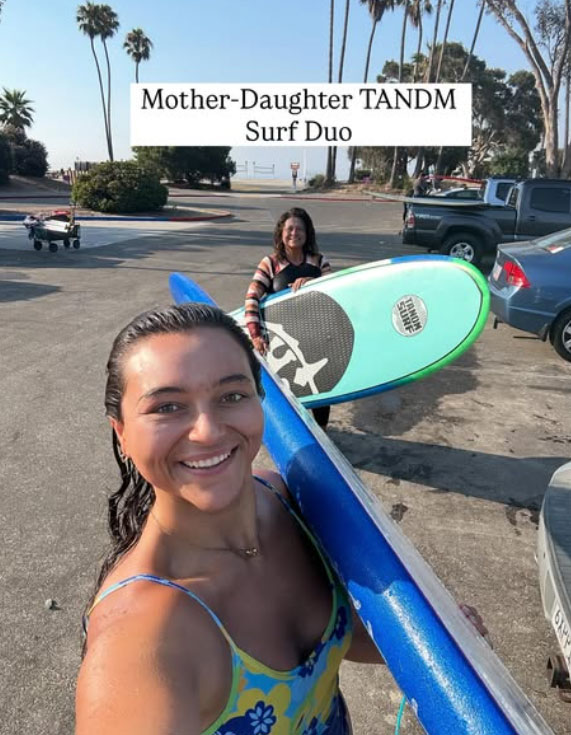Julia Busiek, UC Newsroom

Got big ideas and the courage and drive to bring them to life? You belong at the University of California. By some measures, UC is the most innovative and entrepreneurial institution in America.
The National Academy of Inventors has ranked UC as the world’s #1 university for patents every year since 2013. This month, TIME magazine chose 13 ideas from UC faculty or alums for its list of the best inventions of 2025. And according to recent data from Pitchbook, University of California alums have started more companies than alumni of any other university — beating out Stanford, Harvard and MIT.
These honors reflect a university-wide commitment to making sure that UC research has a positive impact on society, including by moving discoveries out of the lab and into the marketplace, spurring jobs and economic growth. UC students and faculty have access to the university’s vast ecosystem of incubators, accelerators, technology commercialization experts, clubs and curriculum programs that work together to move ideas from concept to market.
Wonder what this looks like in practice? Meet three UC alums who combined their UC education and opportunities to create their own companies.
Dominic Milano

Dominic Milano, founder of Merced-based Milano Technical Group
Founder and CEO, Milano Technical Group
Bachelor’s degree in engineering from UC Merced
“I didn’t come from a wealthy family. I figured if I stayed in Merced and built a successful company after graduation, then a couple years down the road somebody else who came from a background like mine would see us and think, ‘If they can do it, so can I.’”
After Dominic Milano graduated from UC Merced, he joined the engineering department at the Morning Star Company, the Merced-based corporation that produces two-thirds of America’s processed tomato products. Rising through the ranks to lead research and development for the harvesting side of the business, he traveled across the United States to deepen his understanding of agricultural production at scale. He met growers throughout California, Washington State’s tree-fruit industry, and vegetable farmers in the Mississippi Delta, all focused on advancing crop quality through robotics and advanced methods to stay ahead of emerging pest, fungal, and labor challenges.
Back home, he looked around the Central Valley — where a quarter of America’s food is grown — and didn’t find any companies solely focused on agricultural innovation. Meanwhile, California’s experienced farm workers were aging, climate change was threatening crops and competition from overseas was getting stronger.
“That’s how I came to realize the massive gap between where California agriculture needs to be, in regards to technology innovation, and where it is,” Milano says. “We have a lot of tradition in California agriculture, and the reluctancy to adopt new solutions is very, very clear.”
To help California growers stay ahead of emerging challenges, he launched Milano Technical Group in 2014, a Merced-based agricultural engineering firm dedicated to developing practical, high-performance automation solutions for the field. Since then, the company has introduced groundbreaking technologies including the world’s fastest robotic apple harvester, an autonomous grape-handling robot, robotic transplanters, fully automated harvesters, advanced fruit-packing systems and automated tree nut shipping and fulfillment robots. It has since grown into a diverse business with dozens of employees, offering technical consulting, design and manufacturing to industry associations and big growers throughout the Central Valley and beyond.
While most of the California agricultural tech companies that launched in the past decade have since gone out of business, Milano says his company remains because it’s one of the only ones headquartered in the Central Valley, as opposed to Silicon Valley. While it’s been harder to hire experienced software developers or attract venture capital, his company’s proximity to and daily involvement with actual growers has given Milano Technical Group the edge in understanding and solving the problems.
Milano has developed programing and professional development opportunities with the Center for Information Technology Research in the Interest of Society and the Banatao Institute, or CITRIS, a technological research institute across four UC campuses. Going forward, he hopes to continue creating jobs and opportunities in the Central Valley for UC Merced grads.
“The best possible thing that could happen for the Central Valley is for people who are educated at UC Merced to stay here and build up the talent base and capital base,” he says. “One way to retain really good people is to have really good companies, both monetarily and socially. So that’s what we are trying to do.”
Heather Hochrein

Heather Hochrein, cofounder and CEO of EVmatch
Cofounder and CEO of electric vehicle charging company EVmatch
Master’s in Environmental Science and Management from the Bren School at UC Santa Barbara
“In retrospect, starting EVmatch was a risky move because the electric vehicle market was so new when I started the company. But I felt the industry needed more leadership, especially focused on charging equity and access, and I didn't see that happening anywhere else. Starting a company was the best way I saw to change that.”
Electric vehicles were still a rare sight on California’s roads when Heather Hochrein enrolled in the Bren School of the Environmental Science & Management at UC Santa Barbara in 2015. But with a few years’ professional experience in energy and a deep interest in environmental problem solving, Hochrein knew she wanted to focus on the EV industry in the next phase of her career.
The Bren School offered her the option to structure her studies around an eco-entrepreneurship model, which provided both the structure and flexibility to do market research and design solutions. With three classmates, Hochrein set out to “identify the major pain points and barriers to EV adoption at the time,” she says. They uncovered three big hurdles: expensive vehicles, short battery range, and limited charging access. Battery technology was rapidly improving, which would solve both the cost and battery range problems. “The charging access problem was the one that we saw was really going to hold the industry back, particularly for making EVs available and feasible for renters,” Hochrein says.
Once they’d identified a gap in the market, Hochrein and her Bren School classmates designed a business plan to address it, pitching a peer-to-peer EV charging network. Property owners who installed their own EV chargers could rent them out to drivers who might not have access to a public charger nearby.
“I didn't expect to start a company,” Hochrein says. “But after working on this idea for a year and a half, we knew we were on to something, and we had too much momentum to let it go.” In 2017, she cofounded EVmatch with one of her classmates, backed by grants from UC Santa Barbara and early investments from fellow Bren School alumni.
Since then, EVmatch’s business has evolved with the industry. Today Hochrein helms a company of ten people, focused on providing software to manage shared chargers at multifamily housing developments, so renters can more easily access EV charging close to home.
“It’s important that the environmental sector consider jobs and job creation because frankly, economic development has been left out of the environmental conversation for decades,” Hochrein says. “And what better way to fix that than to actually create your own company, where you also get to lead the culture and decide how you want to manage it?”
JuJu Clark

JuJu Clark and her mom, TANDM surf COO Manya, head in after catching a few waves on the boards their family designed.
CEO and cofounder of TANDM Surf and CEO and founder of Daramel
B.A. in data science and business from UC Berkeley, Class of 2023
“I’m driven by wanting to bring the joy that I feel to others through what I create. Even though businesses do have to make money, the most rewarding thing to me is creating something new that didn’t exist in the world.”
JuJu Clark has always known she wanted to start her own company. “I have a lot of interests and curiosity, and I never just want to be doing one thing,” she says. In high school, she played in the orchestra and on the water polo team, even though they held practices at the same time. “I’m the same way as an adult: I can't just be a marketing person, because I want to know the numbers. I can't just be a numbers person, because I want to be out in the field. I like to be visionary, but I also want to be down in the weeds, knowing how it all works. That’s why I like being an entrepreneur.”
She wasted no time putting her vision into reality. Her first job as a teenager was teaching piano to clients she found on Facebook. By the time she was a second-year student at UC Berkeley, she’d already appeared alongside her sisters and parents on the reality show Shark Tank to pitch the family’s surfboard company, TANDM Surf, to investors. (After she presented her family a deck she’d written outlining how they should structure the company and what they should say during their Shark Tank pitch, they unanimously elected her CEO. “I was like, Great!,” Clark says. “And then the night before we went on the show, my sister looked over and saw me Googling, ‘What’s a CEO?’ So I still get teased about that.”)
Clark says UC Berkeley was a natural choice for a California kid with entrepreneurial dreams. She enrolled in the undergraduate program at the Haas School of Business, earning a double major in business and data science and served as president of a campus consulting club — an environment and experience she calls “very specific to Berkeley,” with its vast network of alumni who’ve founded companies and the thriving on-campus environment of accelerators, incubators and opportunities for both leadership and mentorship.
These days, she works full time on TANDM Surf, and she’s recently launched a new venture called Daramel to sell a caramel syrup made from dates, a recipe she concocted in her kitchen.
Her data science background has proven especially useful as her business empire has grown. For one thing, instead of buying expensive software to manage her companies’ data, she can do a lot of it herself. “It’s wise to do as much as you can in-house when starting up. Otherwise, there would be significant upfront costs to outsourcing skills,” she says. “My degrees from UC Berkeley prepared me not only with the technical skills needed to start and operate a business, but also with the confidence that I can learn new things as I go.”

